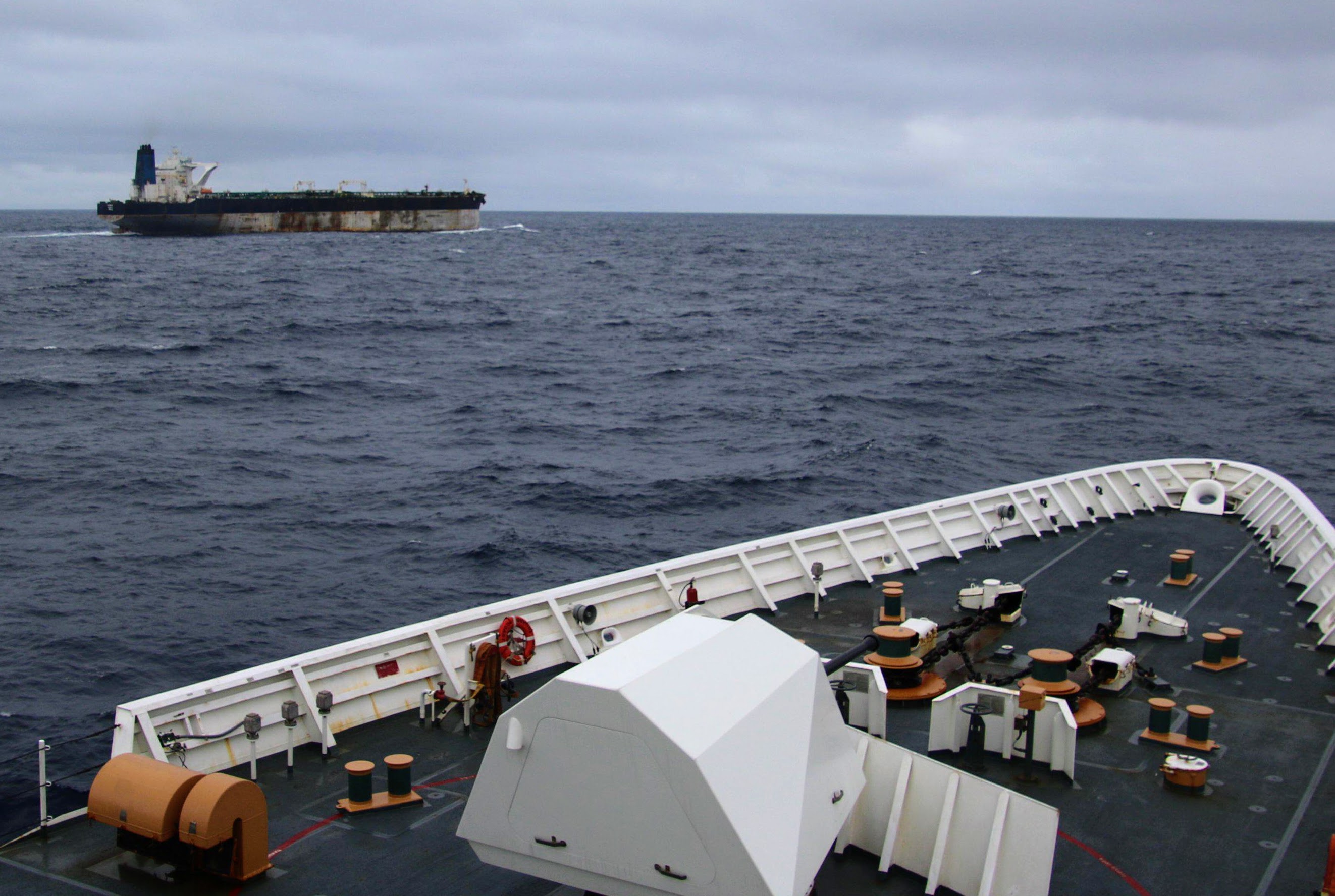Bellona has joined a joint international appeal urging nations of the European Union and the G7 to choke Russian revenue streams from its vast exports of fossil fuels
Bellona has joined a joint international appeal urging nations of the European Union and the G7 to choke Russian revenue streams from its vast exports of fossil fuels, which, despite Western sanctions, are still fattening Moscow’s war chest on the second anniversary of its invasion of Ukraine.
In solidarity with 290 other European, international and Ukrainian NGOs, Bellona says there is a clear need to ban Russian LNG exports and to close all loopholes in existing sanctions that allow Russia’s fossil fuels to slip into Europe’s energy stream.
Indeed, a Bellona analysis has found that EU countries have continued to actively import Russian fossil fuels throughout the war, placing the bloc among Russia’s biggest customers. Russia’s main gas producing giant Gazprom is also a major contributor of methane at its extraction points, contributing to ongoing warming of the planet, Bellona has reported.
In such circumstances, say the signatories of the letter, it’s clear that what Russia is making on its fossil fuel exports dwarfs the ever-dwindling support for Ukraine coming from the EU and the G7. It is therefore paramount to stop aiding Russia’s war complex through continued fossil fuel imports to the West.
In solidarity with the Ukrainian people, civil society groups demand the G7 and EU to:
- Fully enforce and lower price caps on Russian crude oil and oil products.
- Prevent Russia from further expanding the shadow fleet of dangerous, practically uninsured and unaccountable old tankers, operating through illegal and dubious management arrangements and lacking transparency in ownership.
- Close the “refining loophole”, which allows EU and G7 countries to import oil products — mainly diesel, jet fuel and gasoline — produced from Russian oil at refineries in third countries like India, Turkey or UAE.
- Fully ban liquefied natural gas (LNG) imports from Russia and its transshipment in European ports for exports to other countries.
- Take decisive actions to reduce oil and gas consumption and end import dependency to deflate the Russian war economy.




